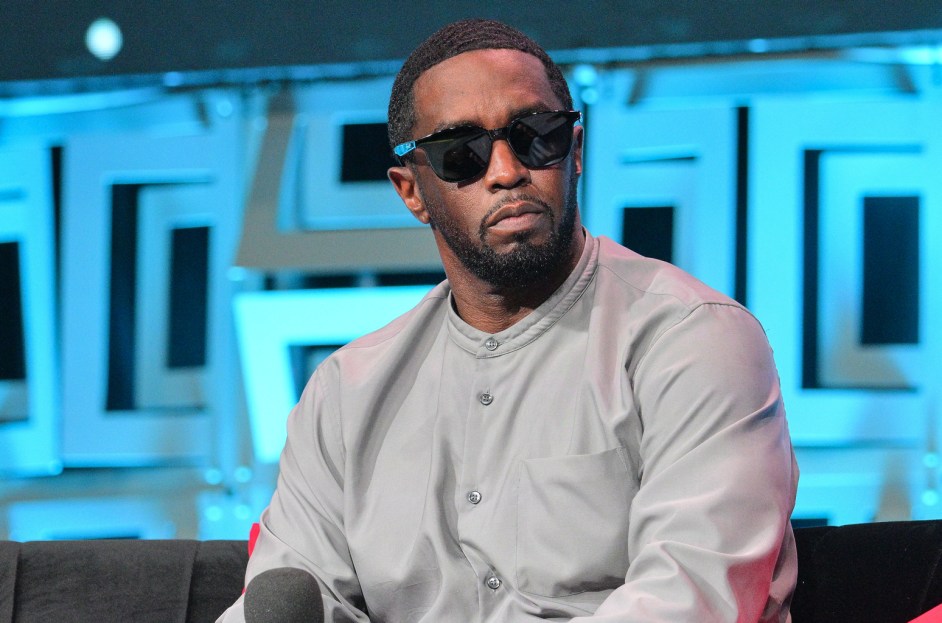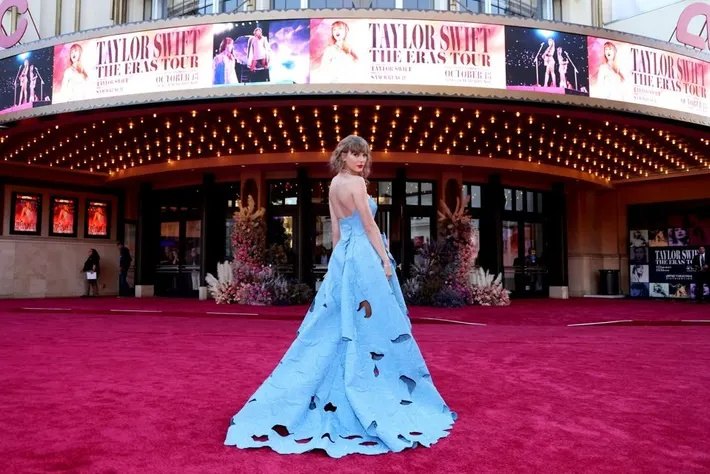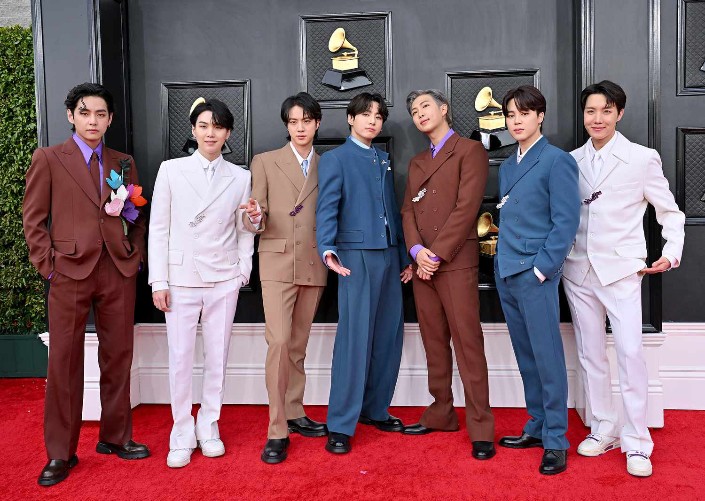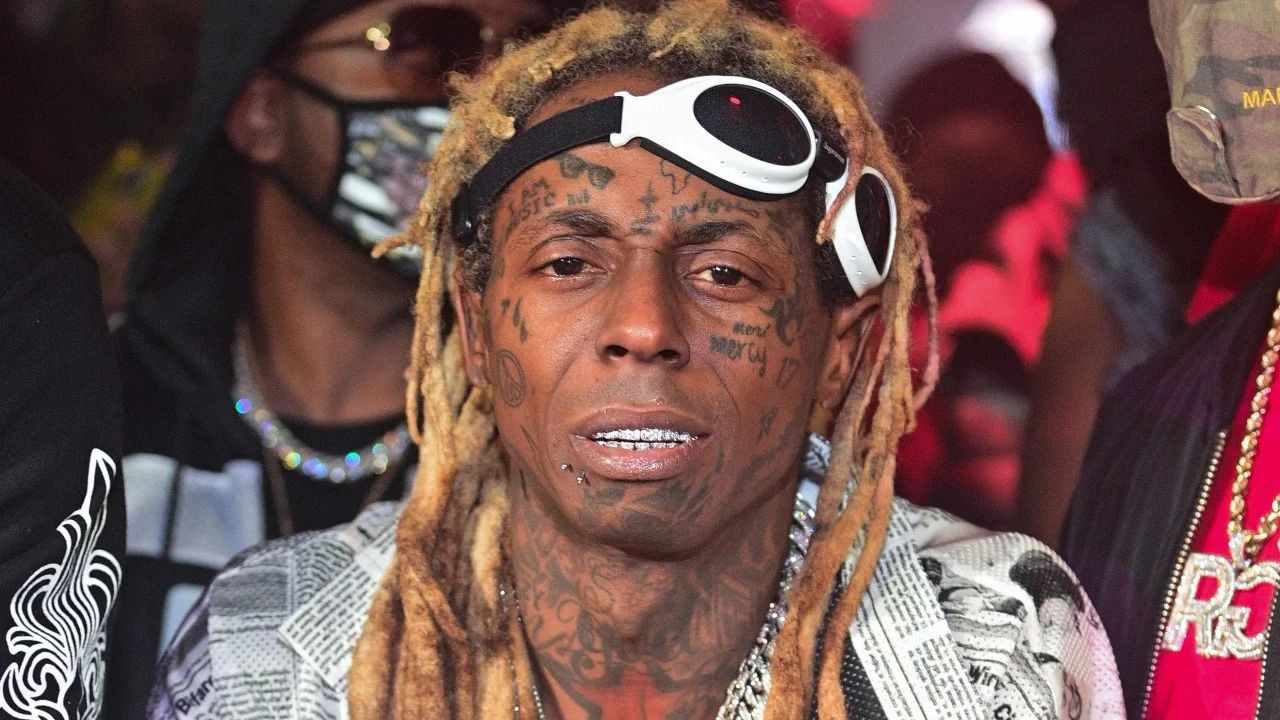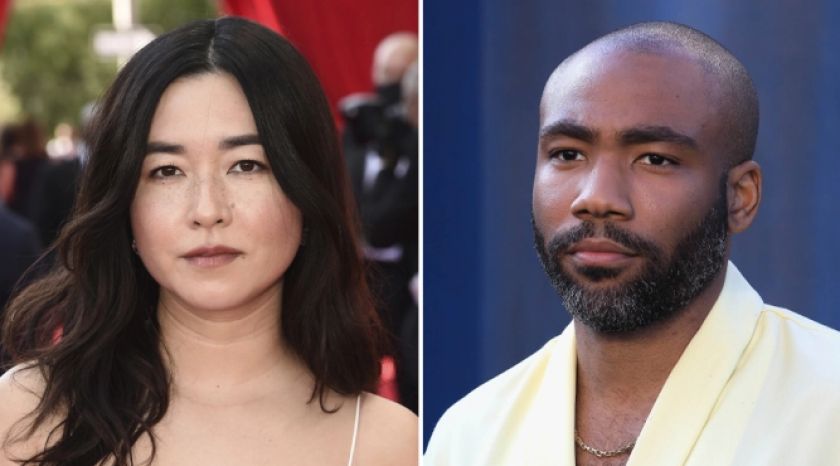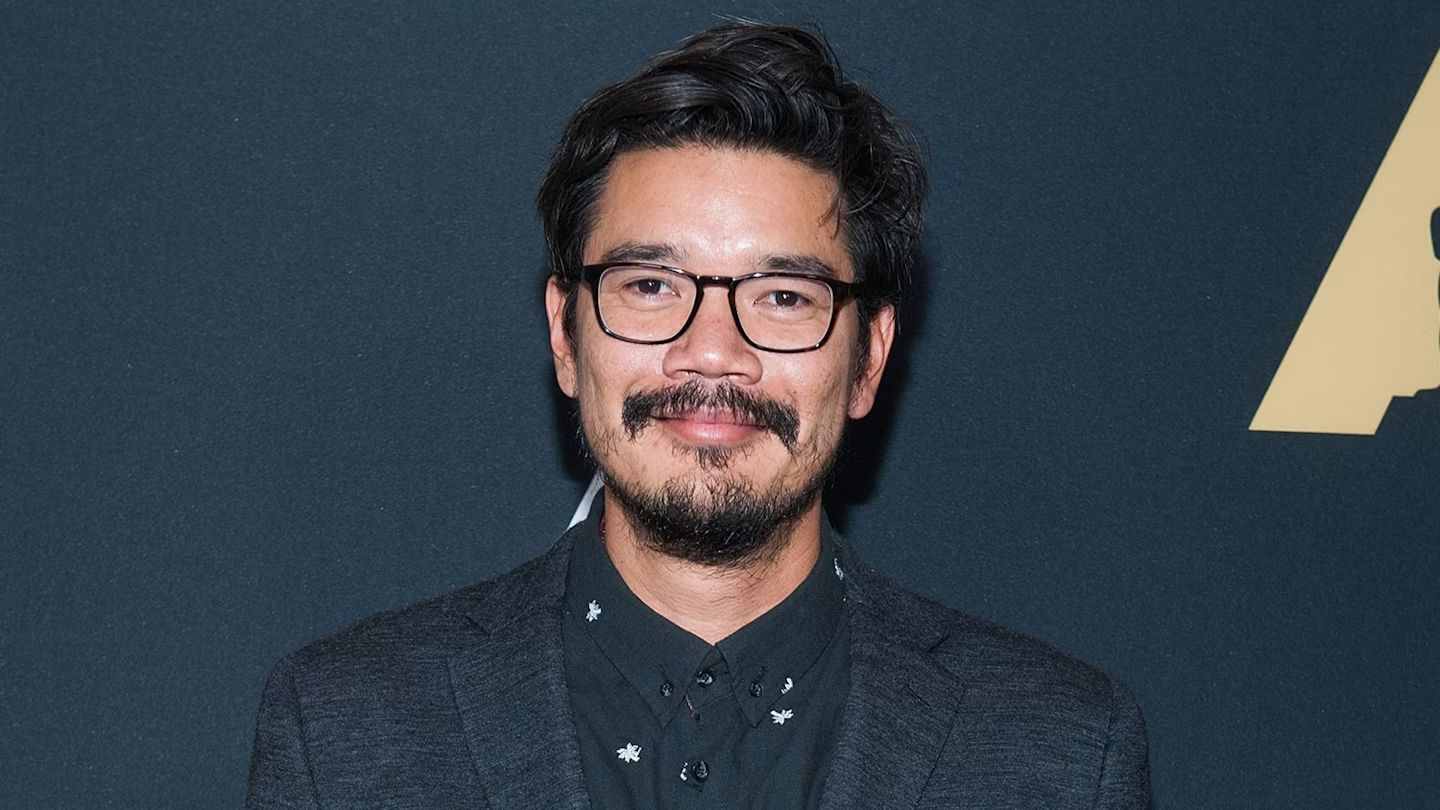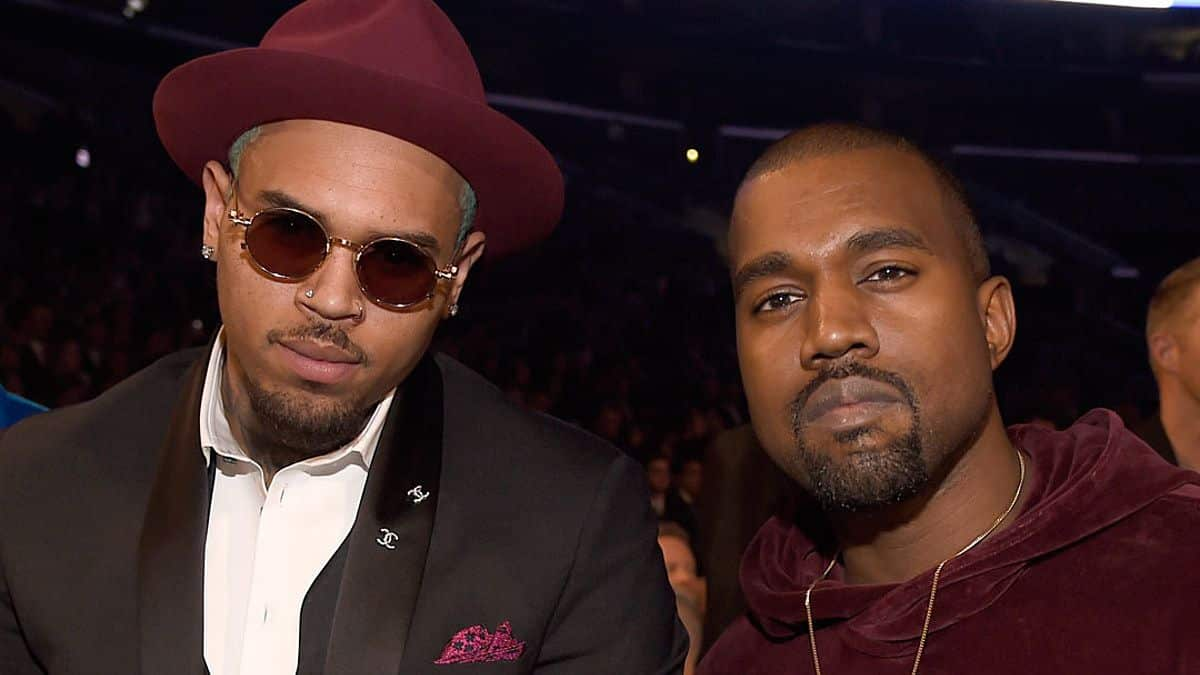Cassie Sues Diddy In Federal Court For Rape And Years Of Physical Abuse
Renowned music mogul Sean Combs, widely recognized as Diddy, is currently embroiled in a startling development involving serious allegations of rape and physical abuse. These accusations have surfaced in a federal court lawsuit filed by R&B singer Cassie, whose legal name is Casandra Ventura. The legal proceedings are unfolding in the Federal District Court in Manhattan, where the lawsuit meticulously outlines a deeply troubling narrative. This narrative suggests a disturbing pattern of control, drug abuse, and violence allegedly perpetrated by Sean Combs, spanning a duration of over a decade according to the claims presented in the court documents.
The saga begins in 2005 when a 19-year-old Cassie entered Diddy’s world, signing with his label, Bad Boy. As her career took off, so did the alleged manipulation and abuse by Diddy. The lawsuit portrays a tale of dominance where Diddy not only controlled Cassie’s professional life but also dictated her personal affairs, providing financial support and having access to her medical records.
The suit unveils the extent of Diddy’s control, claiming that he financed Cassie’s car, apartments, and clothing, exerting an extraordinary level of influence over her life. Even her medical records, includeing an MRI scan for memory loss, allegedly went directly to Diddy. This revelation sets the stage for understanding the depth of manipulation and intrusion into Cassie’s personal life.
The lawsuit paints a harrowing picture of Diddy allegedly supplying Cassie with drugs, including ecstasy and ketamine, and coercing her into taking them. The physical abuse is detailed as well, with the suit claiming that Diddy violently assaulted Cassie multiple times each year. Shockingly, Cassie never sought help from law enforcement, fearing it would exacerbate the violence.
Despite several attempts to break free from Diddy’s control, the suit alleges that Cassie faced severe consequences, including physical assault and isolation from her support network. One incident in 2009 describes Diddy kicking Cassie in the face and then secluding her in a hotel room for a week. The suit suggests that Diddy’s power extended to the point where he could dictate her relationships and allegedly caused harm to a rival suitor.
The lawsuit takes a disturbing turn with allegations of Diddy coercing Cassie into engaging in what he called ‘voyeurism.’ Described as ‘freak offs,’ these encounters involved Cassie having sex with male prostitutes while Diddy watched, filmed, and took pictures. The suit claims that this continued for years, turning Cassie into a victim of sex trafficking. It also accuses Diddy of sexual battery, sexual assault, and violating gender-motivated violence laws in New York City.
The court documents reveal a recurring pattern where Diddy allegedly coerced Cassie into compliance through threats, violence, and isolation. Attempts to escape were met with retaliation, as seen in the 2016 incident where an intoxicated Diddy reportedly assaulted Cassie, resulting in a black eye. Despite capturing the incident on hotel security cameras, Diddy allegedly paid $50,000 to suppress the footage.
The most egregious allegation in the lawsuit is the claim that in 2018, Diddy forcibly entered Cassie’s apartment and raped her. The suit details her repeated pleas to stop and her subsequent decision to leave him for good. Following this traumatic incident, Cassie married personal trainer Alex Fine in 2019, signaling the end of her association with Bad Boy.
In response to the lawsuit, Diddy’s lawyer, Ben Brafman, vehemently denies the allegations, portraying them as baseless and part of a $30 million extortion attempt. The legal battle intensifies as accusations of blackmail and rejected settlements are brought to light. Douglas Wigdor, Cassie’s lawyer, counters these claims, stating that Diddy offered her a substantial sum to remain silent, an offer she refused.
Cassie’s case is not isolated, as it aligns with a series of sexual assault lawsuits within the music industry. The lawsuit references recent cases involving Steven Tyler, L.A. Reid, and Neil Portnow. This raises questions about the prevalence of abuse within the industry and the impact of the #MeToo movement in empowering survivors to come forward.
As Cassie’s case unfolds, it sheds light on the complexities of power dynamics, control, and abuse within the entertainment industry. The lawsuit, brought under the Adult Survivors Act, becomes a pivotal moment for Cassie, providing an avenue for justice beyond the conventional statute of limitations. With the expiration of this law approaching, Cassie’s decision to speak out becomes not only a personal journey towards healing but also a significant contribution to the broader conversation surrounding abuse, consent, and accountability in the music industry.
